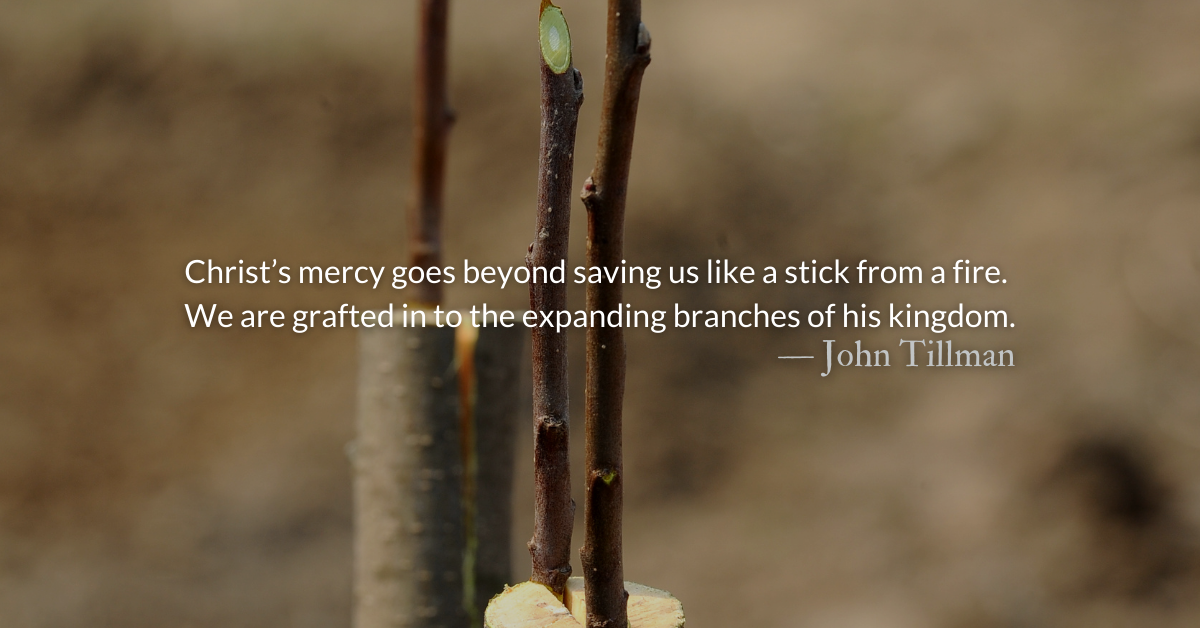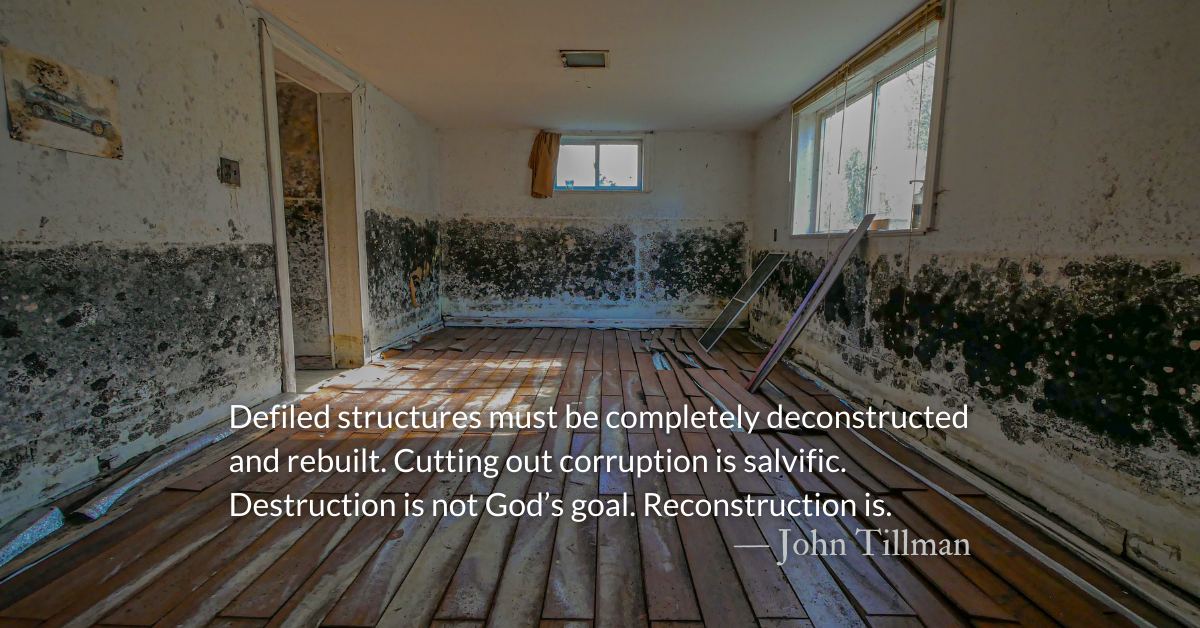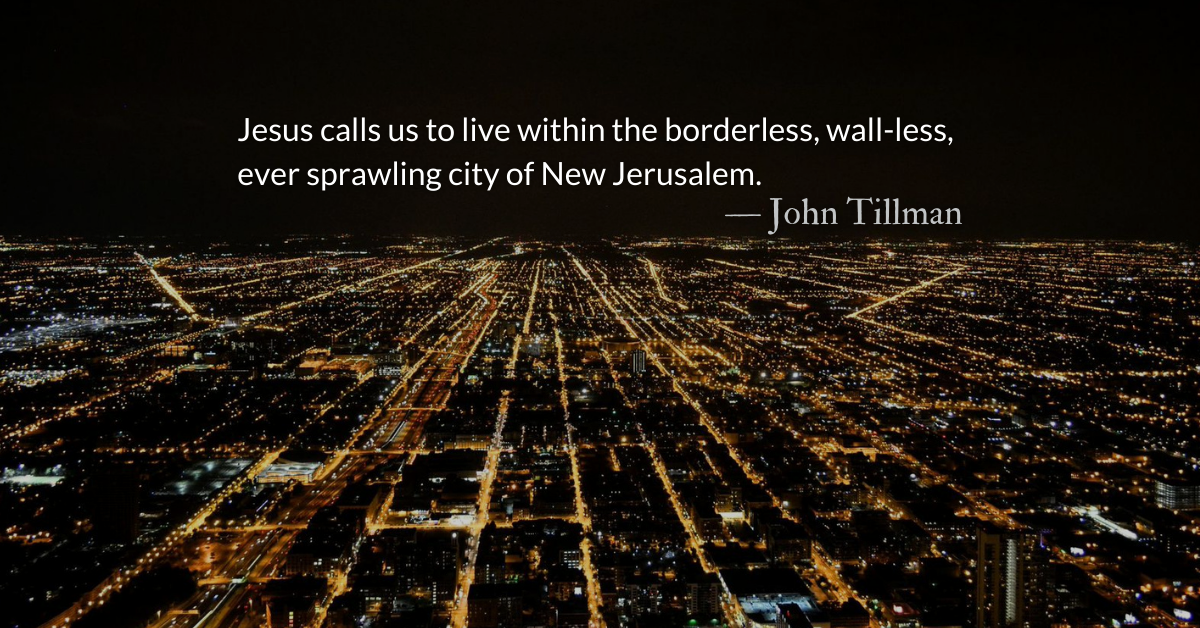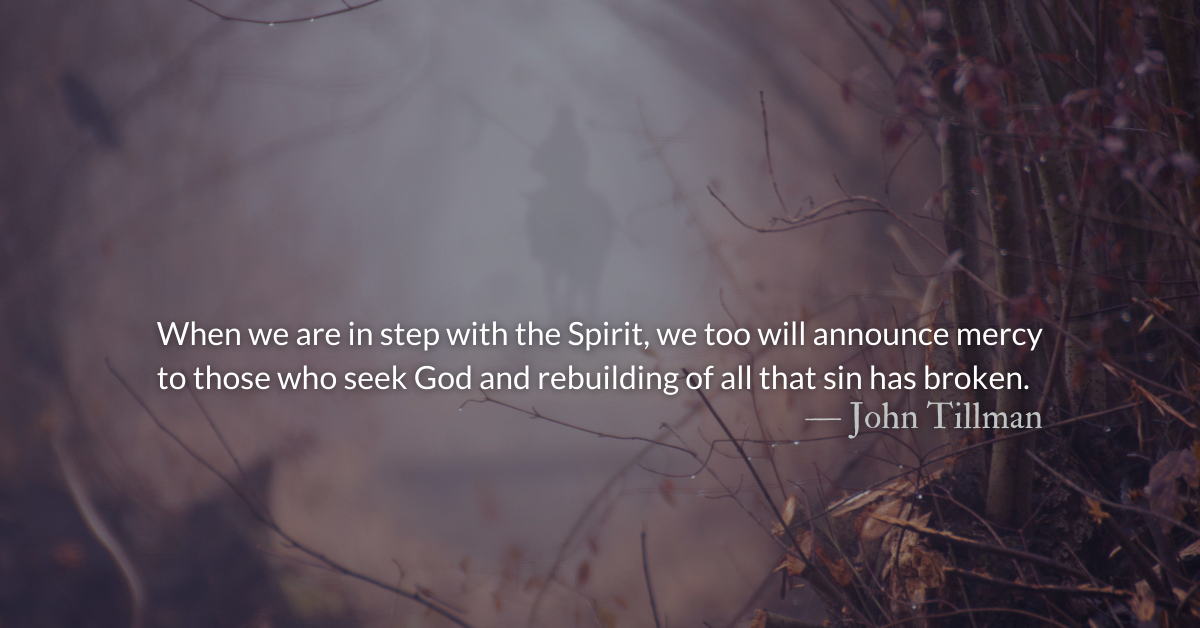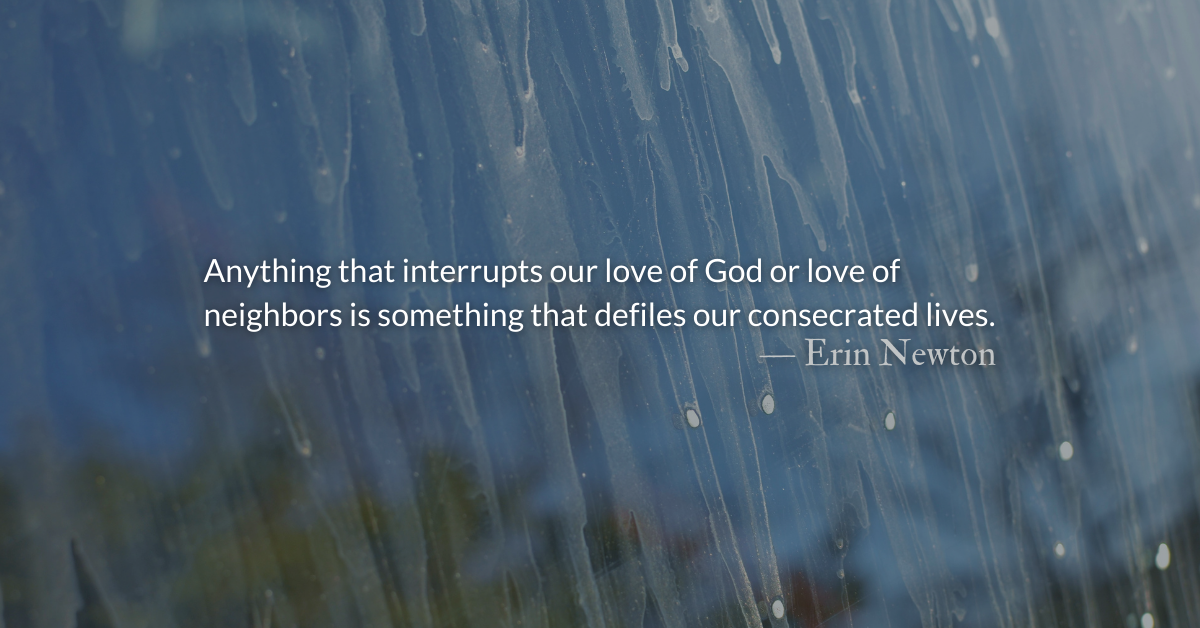Scripture Focus: Zechariah 6.12-13
12 Tell him this is what the Lord Almighty says: ‘Here is the man whose name is the Branch, and he will branch out from his place and build the temple of the Lord. 13 It is he who will build the temple of the Lord, and he will be clothed with majesty and will sit and rule on his throne. And he will be a priest on his throne. And there will be harmony between the two.’
Zechariah 3.1-2; 7-8; 10
1 Then he showed me Joshua the high priest standing before the angel of the Lord, and Satan standing at his right side to accuse him. 2 The Lord said to Satan, “The Lord rebuke you, Satan! The Lord, who has chosen Jerusalem, rebuke you! Is not this man a burning stick snatched from the fire?”
7 “This is what the Lord Almighty says: ‘If you will walk in obedience to me and keep my requirements, then you will govern my house and have charge of my courts, and I will give you a place among these standing here.
8 “ ‘Listen, High Priest Joshua, you and your associates seated before you, who are men symbolic of things to come: I am going to bring my servant, the Branch.
10 “‘In that day each of you will invite your neighbor to sit under your vine and fig tree,’ declares the LORD Almighty.”
Reflection: The Branch and the Branches
By John Tillman
Joshua, the high priest during the rebuilding of the Temple, is a unique one.
There are multiple restarts and reboots of the priesthood. Joshua is just one of them. In chapter 3, Zechariah has a vision of Joshua in priestly garments that are filthy, covered with excrement.
Satan stands to accuse him, pointing out the filth of his sin. The Lord rebukes Satan and describes Joshua as a “burning stick snatched from the fire.” The filthy clothes representing sin are removed, and just as he tenderly dressed Adam and Eve’s nakedness, The Lord dresses Joshua in fine, clean garments.
Joshua, the stick saved from the fire, is more than just a smoke-smelling testament of grace. He is a symbol, scripture tells us, of one to come. The burnt stick represents “the Branch.” The Branch will “branch out” and build a new temple as well as be a priest and a king. (Isaiah 4.2; Ezekiel 17.22; John 15.1-8) The crown made for Joshua points to this promise. The crown is not meant for Joshua. He is only holding it until the one worthy of it appears.
One of the unique characteristics here is that God is not only rebooting the priesthood but the entire culture and country. Joshua, the other priests, and everything given to them represent something in the future. Joshua represents Jesus and the priests and people represent us. We are an extension of and connected to this reboot.
Christ’s mercy goes beyond saving us like a stick from a fire. We are grafted in to the expanding branches of his kingdom. Our high priest, Jesus, is “The Branch” and we are grafted into him. (Romans 11.17-23) Christ is the new Temple of God and, like a tree of life, reaches out to offer healing and a home under his branches. His righteousness flows into us and we are able to create holy space, shade under the limbs of God’s tree.
We are the branches off of which the fruit of the gospel should bloom. May we be found to be not just leafy but fruitful. (Matthew 21.19) May we, filled with the Holy Spirit, create a cooling, welcoming shade for all who have spent time wandering the deserts of sin. (Zechariah 3.10)
Divine Hours Prayer: The Greeting
I will thank you, O Lord my God, with all my heart, and glorify your Name forevermore. — Psalm 86.12
Today’s Readings
Zechariah 6 (Listen – 2:08)
Matthew 3 (Listen – 2:17)
Read more about Family Tree
We can be grafted in to the family tree of Christ and bear the same fruit that he wants to bring about in our lives.
Read more about Cultivation Requires Planning
No park or garden is “natural.” Even the garden of Eden was planted by the Lord after the creation of the plants and animals.

